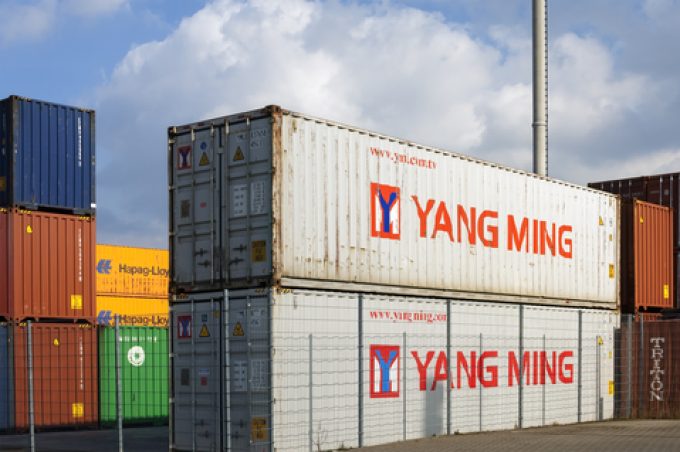Front-loading frenzy has made traditional H2 peak season 'unlikely'
Demand on major deepsea and air tradelanes is expected to be going downhill for the ...

Yang Ming chief financial officer Peter Su said today he believes container shipping has become so chaotic that it is hard to explain port omissions and skipped sailings to shippers
Mr Su said: “Ships have had to detour round the Cape of Good Hope because of ...

Comment on this article